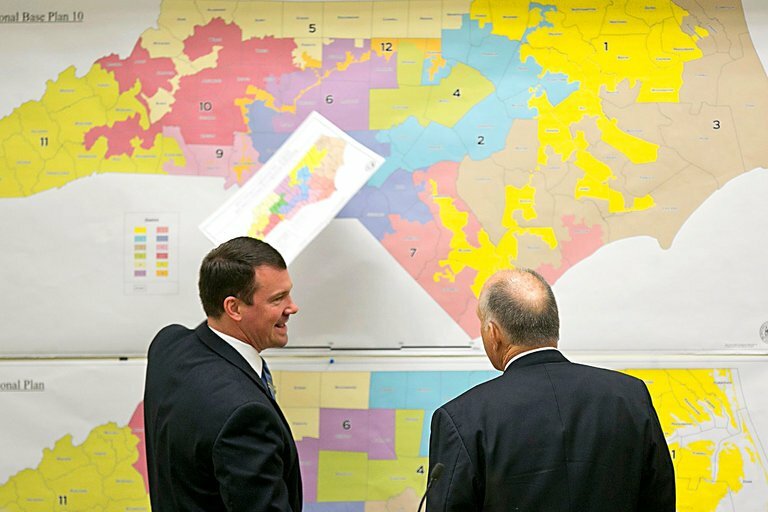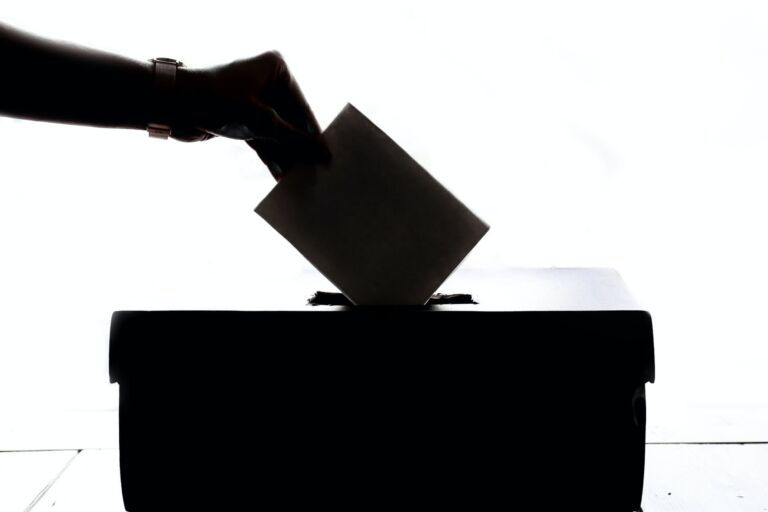If he’s really a clever wimp, U.S. Chief Justice John Roberts will leave us with plenty of questions about the Supreme Court’s next term. The latest Bloomberg Businessweek highlights some of the high court’s top cases for 2012-13.
Among them? A challenge from Shelby County, Ala., involving ongoing provisions connected to the 1965 Voting Rights Act.
Officials there say a provision in that law requiring jurisdictions in 16 mostly southern states to get federal clearance before changing their voting rules—so as not to disenfranchise blacks and other minorities—unfairly targets jurisdictions for racial crimes of the past.
“I expect the Voting Rights Act to go down,’’ says Kermit Roosevelt, who clerked for former Supreme Court Justice David Souter and now teaches constitutional law at the University of Pennsylvania Law School. “The court has foreshadowed that result, and Roberts seems to want it.” In a 2009 challenge to the landmark law, the justices granted some local governments more leeway in changing their election procedures, and Roberts in particular hinted he’d be sympathetic to striking down the so-called preclearance provision, saying that it raises “serious constitutional questions.”


